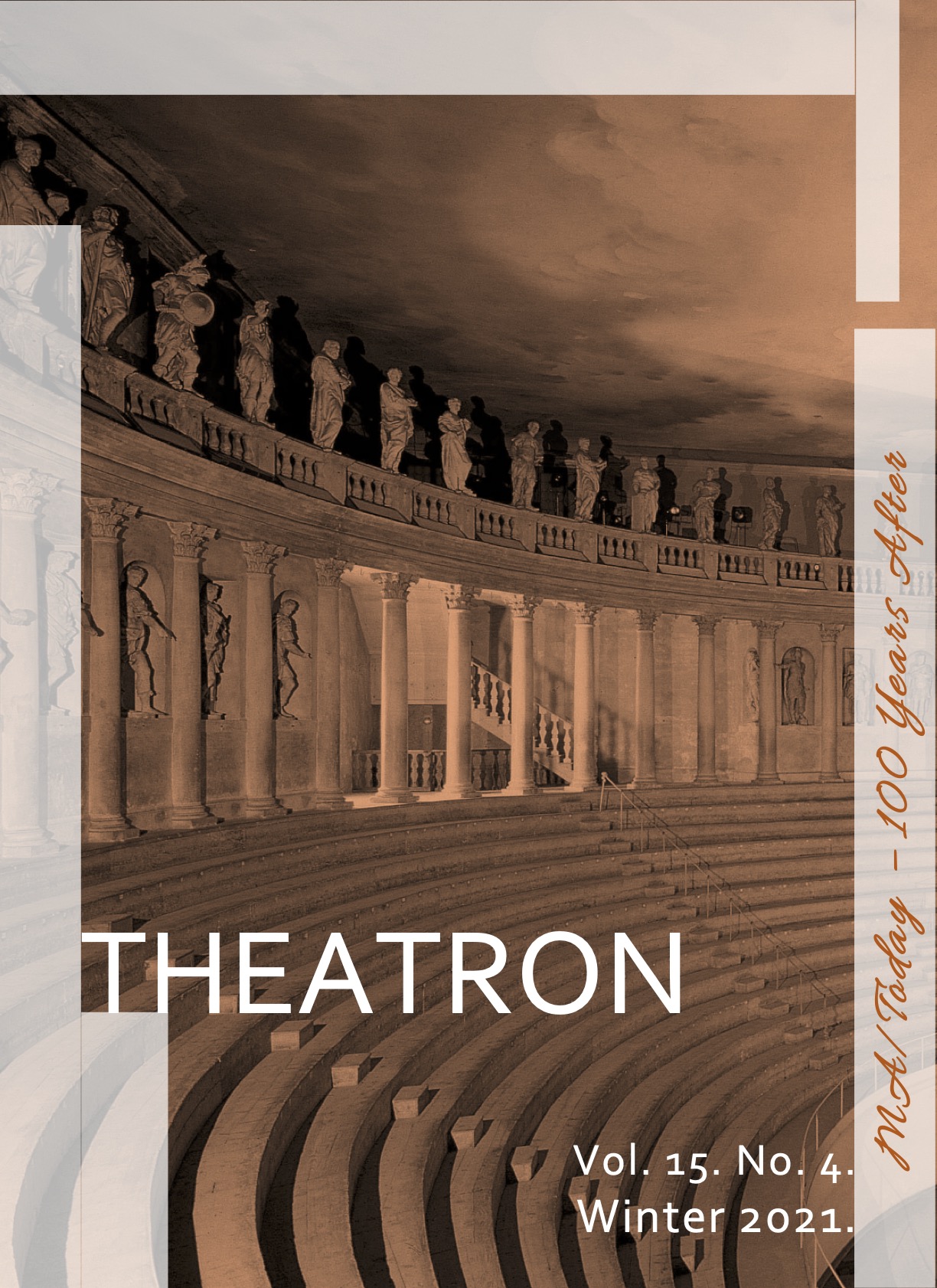The Role of Central European Avant-garde Reviews in the 1920s (Hungary, Poland, Czechoslovakia, Romania, Bulgaria and Yugoslavia)
The Role of Central European Avant-garde Reviews in the 1920s (Hungary, Poland, Czechoslovakia, Romania, Bulgaria and Yugoslavia)
Author(s): Irina SubotićSubject(s): Studies of Literature
Published by: Theatron Műhely Alapítvány
Summary/Abstract: After the collapse of four empires during World War I, several new European states emerged, with new energy, anti-military and progressive attitudes among the youth, and shared optimism for a peaceful future. A new generation of writers, poets, artists, theorists, philosophers, architects, musicians, and film makers helped revitalize the cultural life in Central European countries (Poland, Czechoslovakia, Hungary, Romania, Yugoslavia and Bulgaria) in the early 1920s by publishing a variety of reviews that promoted new ideas and radical forms of expression, often linked to progressive social positions and leftists political influences. In spite of different orientations and local historical, cultural, social and political conditions, they often had similar objectives and clearly expressed attitudes about multinational and cosmopolitan culture, new forms and fresh approaches, with an ideological commitment to considering culture as primarily a social issue. The review editors exchanged articles, manifestos, poems, reproductions of plastic and applied arts, methods and practices in theatre, film, music, photography and architecture. They invented new media, organized international exhibitions, performances, conferences; participated in provocative activities and discussions and often shared similar artistic worldviews. Some were successful; others were banned for political reasons, but all were important elements in avant-garde movements of the time.
Journal: Theatron színháztudományi periodika
- Issue Year: 15/2021
- Issue No: 4
- Page Range: 5-19
- Page Count: 15
- Language: English

